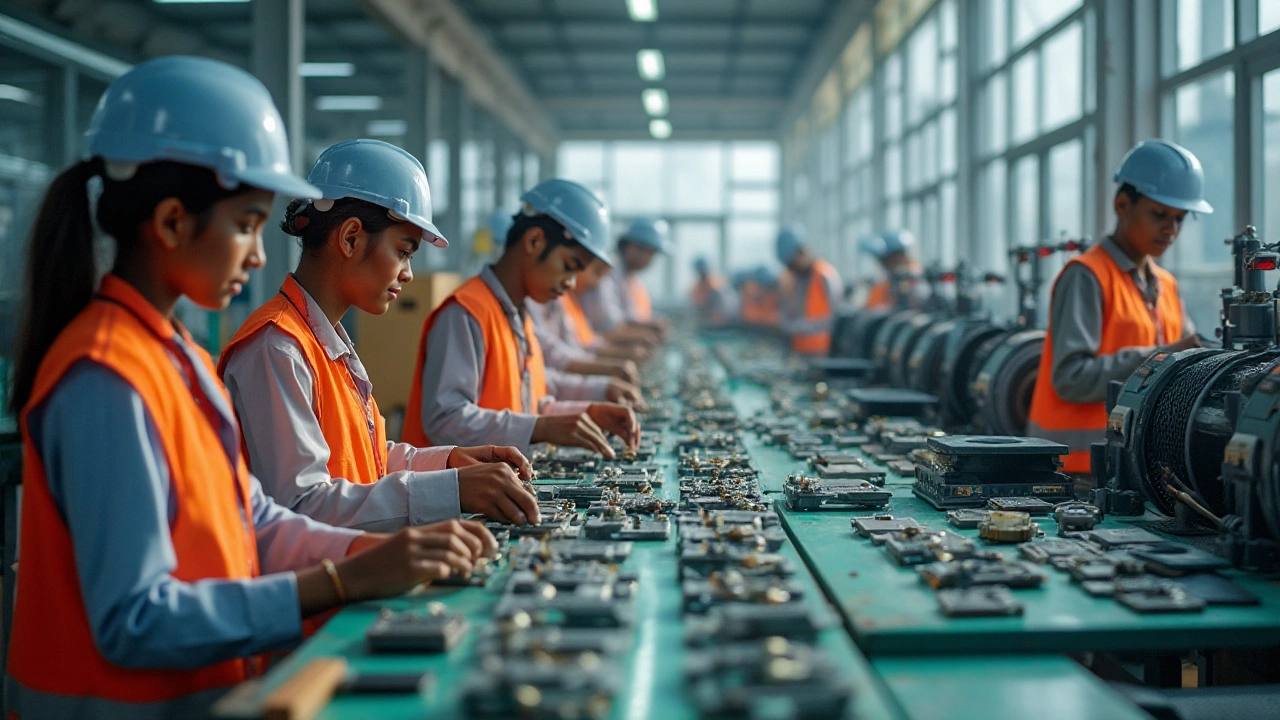Production Regulations You Need to Know Right Now
If you run a plastic plant or any manufacturing unit in India, production regulations are the rules that keep your shop legal, safe, and competitive. Skipping them can mean fines, shutdowns, or even loss of customers who demand quality. The good news? Getting the basics right is easier than you think once you break it down into simple steps.
Why Production Regulations Matter
First off, regulations protect workers. Things like proper ventilation, machine guarding, and emergency exits stop accidents before they happen. Second, they protect the environment. Limits on emissions, waste disposal guidelines, and water usage rules help you avoid polluting local rivers and getting a bad reputation.
Third, compliance opens doors to bigger contracts. Many buyers, especially overseas, only work with factories that can prove they meet recognized standards such as ISO 9001 or the Indian Standard (IS) codes. Finally, following the law keeps you out of court. Fines for non‑compliance can run into lakhs, and legal battles drain time and money.
How to Stay Compliant in 2025
Start with a checklist. Grab the latest versions of IS 302 (plastic extrusion), IS 1336 (plastic moulding), and any local municipal bylaws that affect waste handling. Write down each requirement and mark who in your team is responsible.
Next, schedule a quick audit. Walk the floor, note missing safety signs, check if chemicals are stored in labelled containers, and verify that you have a functioning fire‑extinguishing system. Even a 30‑minute walk can reveal big gaps.
Training is the hidden hero. Run short, weekly sessions on topics like proper PPE use, spill response, and reporting hazards. Keep attendance logs – they double as proof during official inspections.
Invest in a simple record‑keeping tool. A spreadsheet or low‑cost software that logs waste volumes, equipment maintenance dates, and employee training dates makes the audit trail clear and saves you from scrambling for paperwork later.
Finally, stay updated. Subscribe to newsletters from the Ministry of Micro, Small & Medium Enterprises (MSME) and the Central Pollution Control Board. They often release new guidelines or clarifications that affect production standards.
By turning compliance into a routine rather than a once‑a‑year scramble, you protect your workers, your planet, and your bottom line. And when an inspector walks in, you’ll be ready – no panic, just a smooth conversation about how you’re already doing the right thing.
Got a specific regulation you’re unsure about? Drop a comment, and we’ll break it down together. Remember, staying on top of production regulations isn’t just about avoiding trouble; it’s about building a reputation that keeps your business growing.
Who Regulates Manufacturing Processes?
Manufacturing is a vital part of the economy and involves various regulatory aspects. Understanding who oversees manufacturing helps comprehend how government schemes and policies ensure compliance and quality. This article delves into the role of different government bodies, the significance of regulations, and how they impact both industries and consumers. It offers insight into the dynamic landscape of manufacturing supervision and the continuous efforts for improvement.
